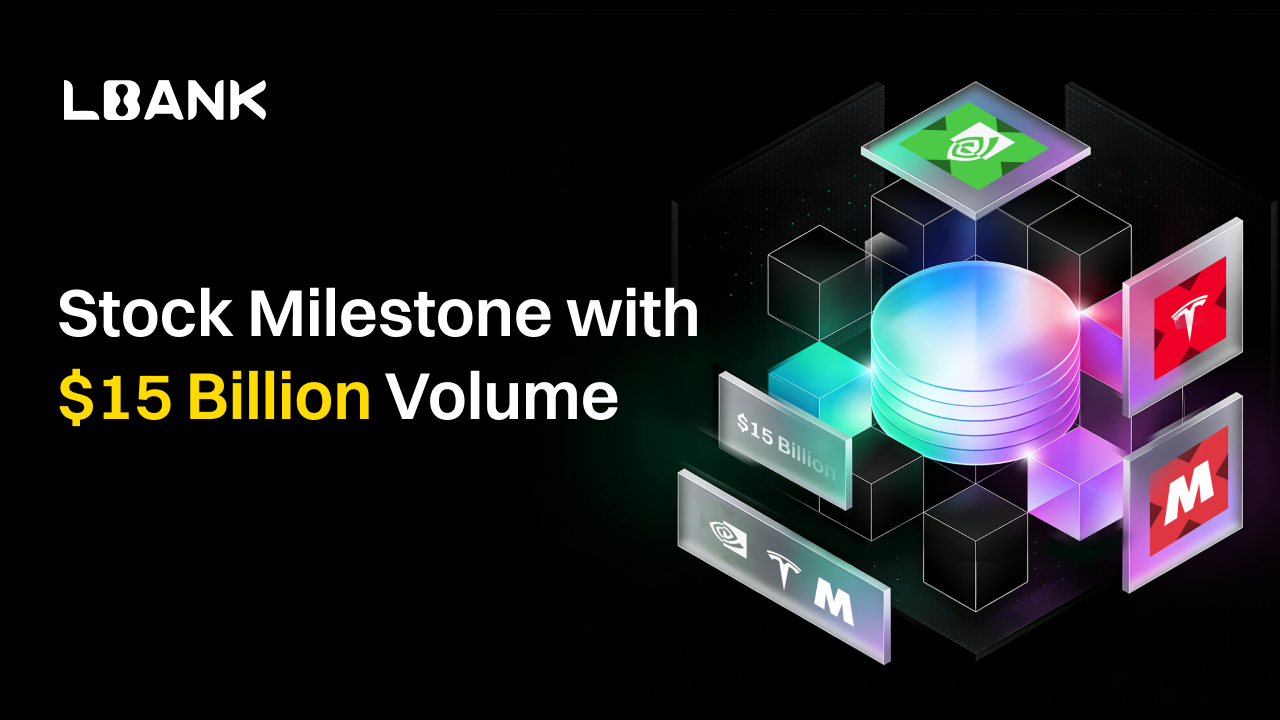Cryptocurrencies have forever changed the way we think about personal finance and doing business. For many years, they have caused controversy while being criticized, accompanied by failures, generating crime, yet giving an opportunity to earn well.
Despite the numerous advantages, digital money has a number of disadvantages as well. Naturally, they are common to all financial markets, but in the case of using cryptocurrencies, the risks are doubled due to their specific features.
Arguments Against Cryptocurrency
Today, a great number of news channels daily cover news about cryptocurrency, and the definitions of “mining,” “blockchain,” “bitcoin” are included in the everyday speech of people who do not always even understand their essence. In other words, cryptocurrency is becoming an everyday thing nowadays. The growing popularity and sometimes the value of certain currencies attract great public interest.
Cryptocurrencies are based on blockchain technology. This is a set of consecutive records that allows users to track all operations taking place on the network, from the most recent ones to the very first transactions. This information is not confidential: each participant of the network can always check any operation. To view a Bitcoin transaction, you can use online Block Explorers to get information about a specific Bitcoin address, transaction hash, or block number by simply entering it in the search box.
However, at the same time, cryptocurrencies are much more anonymous than traditional money. The fact is that it is almost impossible to identify the owner of the wallet conducting some transaction. To use cryptocurrencies, one does not need to provide one’s name, passport details, or other personal information.
The main purpose of digital money is considered to be the anonymous purchase of goods and services, but so far, this functionality has been in little demand. According to many crypto experts, at the moment cryptocurrencies are more likely to act as profitable long-term or short-term investments due to the instability of their exchange rate.
Being a mathematical code and existing only in digital form, cryptocurrency is a next-generation means of payment. The first works of this kind appeared back in 1998, and in 2008 a person or a group of people under the name of Satoshi Nakamoto published a document transmitting the idea of the world’s first full-fledged crypto asset — Bitcoin.
Cryptocurrencies have already become an unprecedented yet controversial phenomenon of the twenty-first century. Despite the undoubted advantages of digital money, there is still a flip side of the coin. Let’s take a closer look at the downsides of crypto.

The main significant disadvantage of cryptocurrencies is the long time required for transactions processing (e.g., in the Bitcoin network, it takes on average about 8-10 minutes to complete a transaction). To solve this problem, the so-called Bitcoin forks were carried out; think of Litecoin (where the processing time was reduced to 2 minutes 40 seconds). Therefore, it is more convenient to use these systems for payments than for speculation.
The next weak point is reliability. Despite the complexity of the system, hypothetically, blockchain can be rewritten. This is called a 51% attack: if more than half of the market players unite, they would be able to create the longest parallel chain and rewrite all the information in the blockchain. However, for Bitcoin, this problem is hardly relevant because there are many market participants who keep savings in this cryptocurrency, so they are not interested in its destruction.
Finally, the threat is also posed by ordinary cyberattacks, including those on cryptocurrency exchanges. As a result of such attacks, participants’ funds are withdrawn from the exchanges, and it’s not always possible to return them. No one acts as a guarantor of the safety of the cryptocurrency. In addition, you can lose the actual “wallet” — that is, the login credentials: one could forget one’s password or ID or lose a smartphone. However, then no one will ever use the lost crypto coins.
Arguments For Cryptocurrency
Cryptocurrencies have competitive advantages in comparison with other payment methods. The first one is the use of blockchain technology, which allows users to transfer and store information. This is crucial: money in economic theory represents the memory that the counterparty acted in good faith, fulfilled its obligations, and received a reward for it. If the counterparty has money, then it is reliable: money has preserved the memory of its reliability. Blockchain technology performs the same function, although cryptocurrencies reflect the memory of everything that happened to them. Therefore, blockchain and cryptocurrencies have a huge potential in the field of simplification of contractual procedures with the help of smart contracts.
A smart contract is a contractual condition that is written digitally into the blockchain. The parties who sign it, when executed, must exchange certain assets, such as currency, shares, etc. This decision cannot be annulled or substituted. The program tracks the fulfillment of conditions automatically, so people do not participate in the process and do not control it. In other words, smart contracts are executed directly, and intermediaries are excluded.
Cryptocurrencies are also convenient in executing cross-border transactions without financial intermediaries. In addition, digital money has great potential in crowdfunding and attracting investments through ICO (Initial Coin Offering) when investors are invited to buy a fixed amount of new cryptocurrency.
Another promising direction for the development of the crypto economy is decentralized finance, which gives users full control over their money, without the participation of governments and banks. Now it is a small world in the financial sector, which is being built over cryptocurrencies, and so far it has not been affected by regulations.

Whatever drawbacks and crypto-winters are experienced by digital assets, they will not collapse to zero. Moreover, in the long term, crypto coins are likely to become more expensive. There are fundamental reasons for such confidence:
– Limited emission. There will never be more than 21 million Bitcoins. Now 18.5 million have already been mined, of which several million have been lost forever. However, even after the last Bitcoin is mined (according to the calculations it will probably happen around 2140), there is a high probability that the demand for this asset will persist, which means that its price will go up.
– Mining. Mining new coins is a very energy-intensive activity. The more expensive it costs to mine one Bitcoin, the higher the price at which miners will be willing to sell it.
– Decentralization. This is a unique property and advantage of cryptocurrencies as they are not issued by anyone.
– Developed infrastructure. For instance, in 2021, Bitcoin has already acquired legal status in a number of developed countries — that is, no one is going to ban it. Moreover, among the companies that already work with Bitcoin today are those with billion-dollar infrastructure: AT&T, Microsoft, computer manufacturer Dell, Burger King, Starbucks, etc.
– Big players. The fall of Bitcoin is not beneficial to large players, the so-called “whales,” who have invested tens of billions of dollars in BTC.
– Growing acceptance. Bitcoin and other digital assets are increasingly expanding their presence in the real economy with millions of people using it every day. Payment services launch options to pay not only with Bitcoin but also with other popular cryptocurrencies, which makes them available to hundreds of millions of users around the world. For example, there is a successful case of implementing blockchain technology into the agriculture section (the Australian agtech company AgriDigital). It allows users to connect to the global grains industry. Users can take control of logistical, risk, and customer issues. Read more about implementing blockchain technology in the Agriculture and Food Industry, and Healthcare.
Conclusions
Capitalization of the cryptocurrency market is still highly dependent on the attitude of regulators, but the decentralized nature of most projects gives the market stability and independence from external factors.
The variety of crypto projects is great: with a general drop in capitalization, there will be coins that will show growth and remain promising in the future. As the crypto market “matures,” it will become less volatile and more resistant to certain stressful scenarios.
Cryptocurrency is something new to the modern economy, which, according to forecasts, will continue to develop. Despite all the pros and cons of crypto money, it is very similar to the real currencies we are familiar with. Crypto has a number of features that allow it to gain momentum and popularity, making us believe that the future is somewhere nearby.
Disclaimer: Please note that the contents of this article are not financial or investing advice. The information provided in this article is the author’s opinion only and should not be considered as offering trading or investing recommendations. We do not make any warranties about the completeness, reliability and accuracy of this information. The cryptocurrency market suffers from high volatility and occasional arbitrary movements. Any investor, trader, or regular crypto users should research multiple viewpoints and be familiar with all local regulations before committing to an investment.
The post Is Cryptocurrency Dead? appeared first on Cryptocurrency News & Trading Tips – Crypto Blog by Changelly.
* This article was originally published here

No comments:
Post a Comment